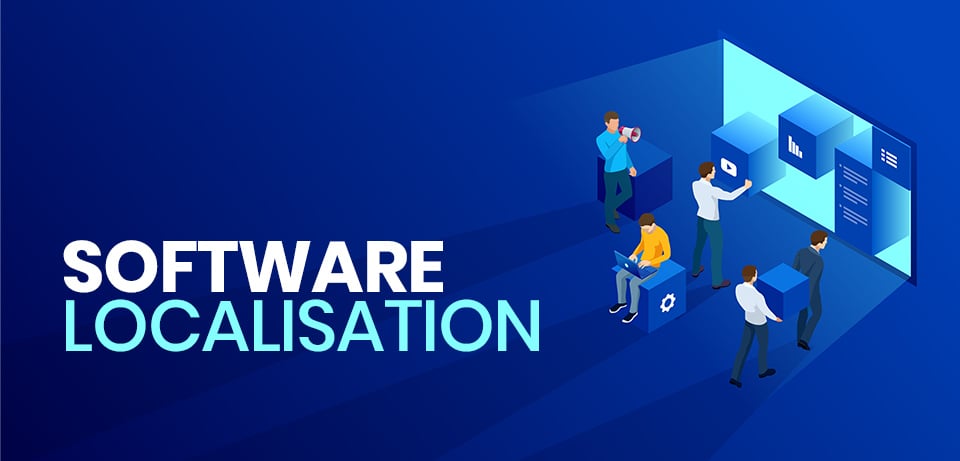Software Localisation

If you’re looking to produce different language versions of your computer games or apps, you’ll be in safe hands with the software localisation team at Xigen. Developers make up the foundation of our business and so you can rest assured that we have sound experience in the area, having built websites for huge multinational companies, such as Epson.
These skills in coding are vital when translating software as the process can be quite different to that of regular document translation. With us, you will benefit from our combined experience in the areas of computer programming and translation.
We can manage the whole process
When it comes to software internationalisation, the benefits of working with experienced developers are huge, as they know exactly what it takes to build applications that can easily be adapted to support different locales (markets) and can do it themselves if need be. Ensuring that the software isn’t hardwired into one language preserves its functionality during the localisation process (where the different language versions are actually put together).
A good example would be increasing the size of buttons so that they will be able to accommodate the naturally longer languages. These preparation steps are key and so make sure you involve the team here as early as possible so that we can advise on this.
Software translation is different
Our wealth of experience in different areas of translation means that we know translating software is different. For a start, it is unlikely to be a coherent piece of text but rather a series of software strings, including various characters. Unlike some more creative translation projects, software strings are the optimum input data for translation technology which makes use of a translation memory. This is because the same piece of text may reoccur several times, and employing a TM means that it only needs to be translated once before the segment is stored, ready for re-use.
Nevertheless, it is important that only translators with experience in translating software are used in order to achieve maximum efficiency, as they may have to employ different working methods to usual.
We have established testing procedures
Every time we develop a new web page, it is rigorously tested across all browsers, and it’s no different when it comes to localised software. Following localisation, software testing is extremely important to ensure that everything displays and functions exactly as the end user will expect.
A linguistic check will ensure that everything on the user interface can be read, for example, none of the text is broken where it shouldn’t be, or contains rogue characters. At this time, we may also take into account cultural considerations, such as sourcing appropriate imagery to display on the localised versions of an app or game.
In Germany, battle-themed computer games usually feature green blood instead of the usual red due to censorship reasons, and so this would be an important factor when localising for a German market.
Thinking beyond the software
Once you have a localised game or app, there may be more you need to do before you’re ready to hit the international markets. A worthwhile consideration would be website localisation and multilingual search engine optimisation—do your target audience have somewhere they can research and contact you, and can they find it?
Another may be user manuals, which would demand technical translation to ensure that instructions are accurately rendered in the target language(s).
Finally, there may be other marketing material that you need a hand with, something that would call for creative translation, also known as transcreation. This is crucial to ensure that your brand resonates with the new audience and you can establish a strong identity wherever it is you’re expanding.
If you’d like to find out more, or to receive a detailed quote, contact us now.


 Back
Back